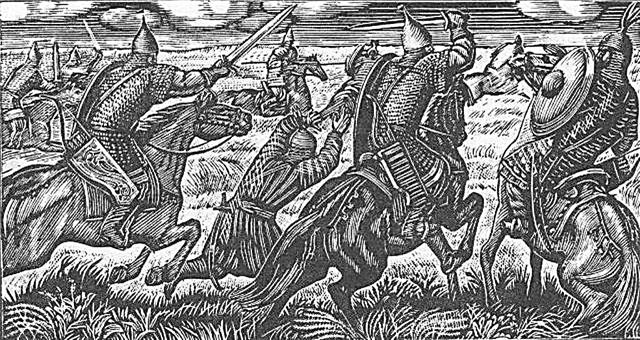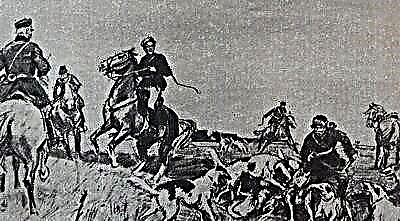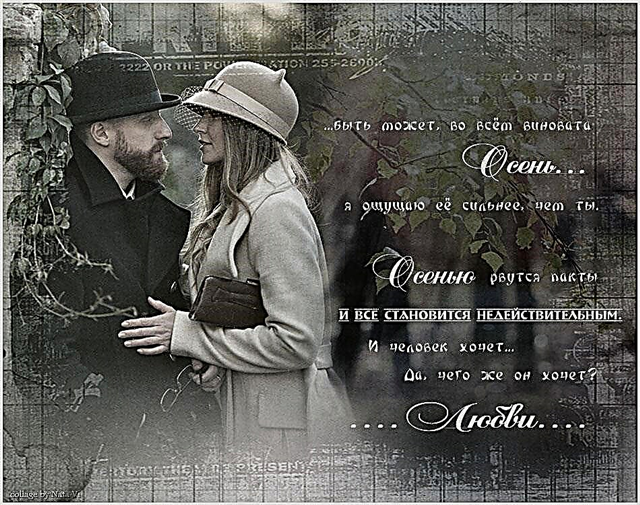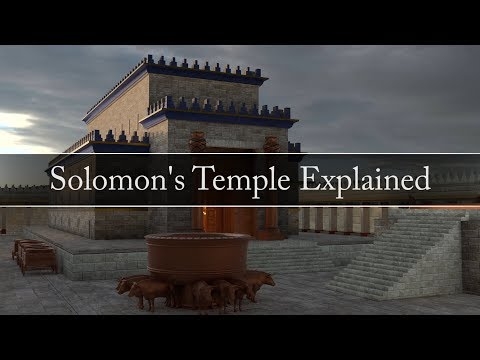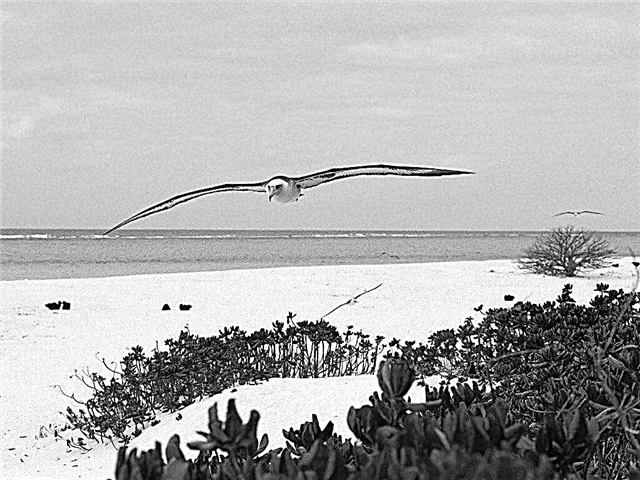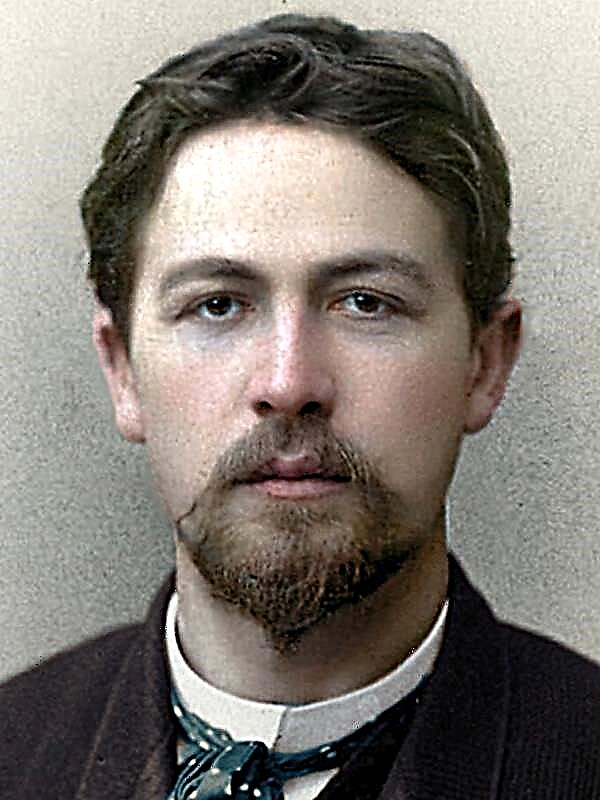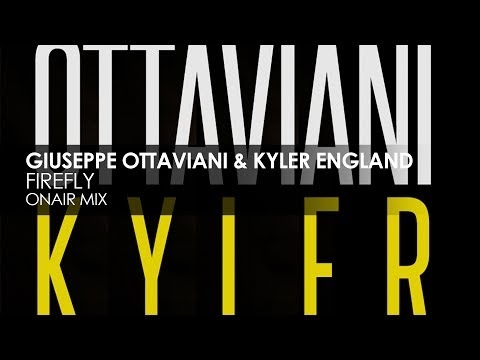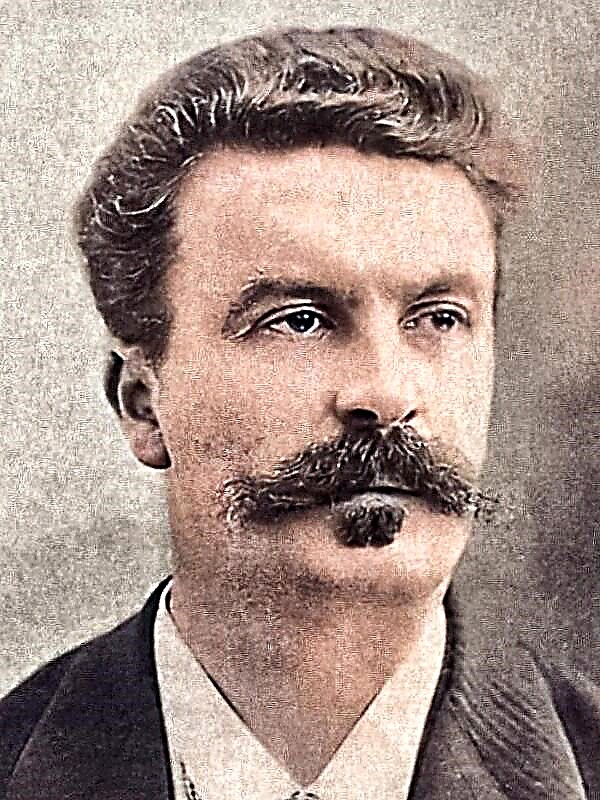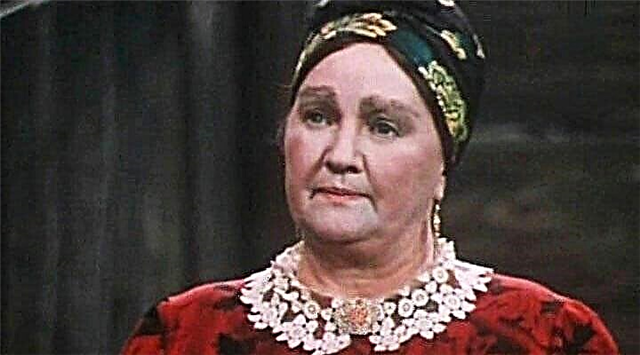: A young teacher who has worked for several years in rural schools is being fired due to revolutionary activity. He connects his future life with the cause of the revolution.
Book one. In the woods of the wilderness
A young teacher Andrei Petrovich Lobanovich, who recently graduated from a teacher’s seminary, is assigned to the remote woodland village of Telshino. He quickly realizes that the “rural intelligentsia” is only capable of drinking, playing cards and dragging behind the “booths”. Andrei does not find among them either a friend or a like-minded person. The exception is a young priest who helps local peasants.
Lobanovich gets to work, trying not to be limited to the school curriculum. He wants to “awaken a“ critical thought ”in his students so that they“ consciously approach ”everything, in which he sees the guarantee of a new life for the people.
Lobanovich visits his neighbor, the obsessive Pan Barankevich, who considers himself the offspring of an old Lithuanian family and speaks Belarusian. The Cowgirl is married a second time. Andrei likes the eldest daughter of the obsessive Yadvis, a slender, dark girl of about sixteen.
Lobanovich is engaged with younger groups, prepares senior students for the upcoming exams and finds high satisfaction in the work. Sometimes it seems to Andrey that “he is generally an unimportant teacher,” and he decides to visit his friend and mentor Tursevich. Having stayed with him, Andrei realizes that he will not be able to stay in Telshin for a long time, even for the sake of Yadvisi. He dreams of traveling around Belarus, Tursevich is considering entering a teacher's college. Lobanovich believes that the institute kills everything living in the teacher’s soul, still remaining after the seminary, and makes him a “dry kashchey official”.
Having returned, Lobanovich realizes that Yadvisya is interested in him. Andrei is not ready for marriage, "he was attracted by the unknown expanses of human life, free, creative work." Love for him is a barrier on the way, but even without Yadvisi, his life was not nice to him.
Soon, the daughters of the merchant left for a visit, and Andrei decided to throw Yadvisya out of his head and "get closer to the people." He organizes conversations with peasants, but cannot find an approach to them. Andrey feels himself plunging into a quiet and warm swamp.
The return of Yadvisi pleases Andrei, but he cannot explain to her - he is stopped by timidity and caution. In the spring, Lobanovich hints to Yadvis that she means a lot to him. Sometimes a girl runs into the teacher’s apartment when he is not at home. Once Andrei catches her there and breaks a kiss. Since then, her name sounds to him like music.
After Easter, Lobanovich finds out that Yadvisya is leaving somewhere. Andrei is taking his senior students to exams. Having returned, his beloved Lobanovich no longer catches. Where and why did Yadvisya leave, he does not know. Now nothing holds him here. Having handed over the school to the village headman, Lobanovich is leaving.
The second book. In the depths of Polesye
Part one. In the native land
In the summer, Andrei arrives home in the small village of Mikutichi near Neman. There he meets a seminary friend and fellow countryman Ales Sadovich, also dissatisfied with his first year of work. Like Lobanovich, Sadovich wants to find something new, meaningful in his life.
The Lobanovich family rents a small farm. Andrei’s father has long died, and Uncle Martin runs the farm, trying to feed Andrei’s mother, two younger brothers and a sister. The land on the farm is barren, rents are constantly increasing, and the Lobanovych family lives poorly.
Lobanovich is trying to join the family, but his mother and uncle consider him a “scientist” and protect him. Andrei is trying to tell Uncle Martin how to increase the productivity of the land, but he prefers to do things the old fashioned way.It was in Mikutichi that Lobanovich noticed the disunity of the peasants, their unwillingness to learn something new.
Andrei often meets with Sadovich, and one day he finds another friend, Jank Tukalu. Having made friends over the summer, friends decide to chat more often. At the end of summer, Andrei is assigned to the village of Vygony, near Pinsk.
Part two. In a new place
The first in the Pastures, Andrei meets the clerk Amos Adamovich Botyanovsky, who causes antipathy in him. Lobanovich is pleased with both the neat school building and his apartment, spacious and renovated. Andrei visits Father Nikolai, a rather pleasant person.
This time Andrey is not limited to some lessons. He meets Aksyon Kale, a peasant from the High. This clever man of about thirty is not able to read and write, but because of the desire for justice, the local authorities consider him a dangerous man. Andrew undertakes to teach him to read and write.
Andrei’s worldview changes when he finds on the porch of the school a pamphlet revealing “the role of political organizations on whose banners the merciless, merciless fight against tsarism was written”. Andrey discusses the brochure with Kalem.
Dyachok Botyanovsky considers Andrey a democrat and troublemaker and spies on him. Soon Lobanovich met a teacher Olga Viktorovna Androsova from a neighboring village. In it, Andrei finds a like-minded person. Botyanovsky spreads the news around the village, hoping to undermine his teacher’s reputation, but the exponents see in this meeting only a love affair.
Now Andrey perceives all political events in a different light. Instead of instilling in children ideas that strengthen the current political system, Lobanovich is limited to pure knowledge. Only with Kalem Lobanovich talks about politics and destroys his faith in the king-protector. Soon, a group of peasants began to gather at Andrei, with whom he reads proclamations and leaflets.
A new clerk, Matei Duleba, who previously worked as a teacher, appears in Vysokoye. Soon he informs Andrei that rumors are already circulating about his evening talks with the peasants. Matei sympathizes with the teacher and asks to quit “this dark work”, knowing what it can lead to prison. But Andrei can’t stop.
In January 1904, the war begins with Japan, which ends with a Portsmouth Peace Treaty humiliating for the Russian Empire. Lobanovich, who has been living in the Pastures for two years, feels among the people the expectation of something big and important. He is disappointed with the defeat of Russia in the war, Olga is glad about this. She believes that unnecessary war dealt a severe blow to the autocracy. Androsova, already a member of an underground organization, takes Andrei to a meeting of an underground cell of the Socialist Revolutionaries and Volunteers.
Soon across Russia passes the "formidable rampart of peasant uprisings." Aksyon gathers a peasant gathering and calls and burns the estate of the local landowner, but Andrei convinces the rebels to write a petition to the landowner with threats and a demand to return their rightful lands. After receiving the petition, the pan goes to Pinsk and raises his bosses to his feet.
A few days later, a "giant general strike" begins in the country, because "the concessions made by the king did not satisfy the rebellious people." Lobanovich hopes for a victory of the revolution, but the strike is brutally suppressed. Andrei notes that, in addition to the clerk, the police and the landowner are watching him. They are trying to arrest Aksyon, but he is hiding. Andrei is arrested and taken to Pinsk under escort.
The third book. In the countryside
Part one. Verkhan
Andrei gets out of an unpleasant affair threatening hard labor, thanks to a peasant petition. The authorities decided that with this document the teacher saved the estate of Pan from ruin. Andrei is lowered and transferred to the opposite edge of Belarus, in the village of Verkhan. This time he shares responsibilities with another teacher. Lobanovich gets the senior groups.
Unlike Polessky schools, a third of Lobanovich’s students are girls.Having selected the strongest of the older students, Lobanovich begins to prepare them for exams.
Andrei does not favor the rural intelligentsia, but nevertheless pays a visit to the local priest, Father Vladimir Malevich. The priest’s house resembles a manor’s estate, and the father himself cohabits with a young housekeeper.
Lobanovich is trying to go beyond the school curriculum and "encourage the inquiring mind of his pupils." Among the girls, the most capable is Lida Muravskaya, the daughter of a widow who lived on a farm near Verhany. Not only classmates, but also the teacher himself stare at the beautiful Lida.
In the spring of 1906, the first State Duma was created in Russia. Lobanovich has high hopes for her, believing that the Duma will limit the power of the emperor, but nothing comes of this, and soon the Duma ceases to exist.
Pupils of Lobanovich successfully pass exams. For the holidays, Andrei stays in Verkhani. A partner introduces him to the widow Antonina Mikhailovna Muravskaya, after which the teacher often appears on the farm - preparing Lida for admission to the teacher’s seminary.
Lobanovich is planning to create an organization of rural teachers. He writes to Sadovich in allegorical expressions about his idea. From the response letter, Andrei learns that Sadovich is living with Janka Tukala and several other seminary friends. Friends may appoint May Day at the beginning of June. Meanwhile, Lida likes Andrey more and more, and the girl reaches for the teacher. Once Lobanovich kisses her, repents very much and decides that this will not happen again.
Soon Tursevich came to visit Andrey. He is going to enter a teacher’s university and is preparing hard for exams. Tursevich does not support the rebellious mood of Andrei.
Lobanovich is leaving for May Day in Mikutichi. Friends establish a revolutionary teacher's union and draw up a decree that describes their future revolutionary activities. When almost all the teachers disperse, a local officer bursts into the apartment and grabs the signed protocol. A crowd of peasants gathering near the school, ready to protect the youth. Frightened by the crowd, the officer retreats without arresting anyone.
Now the teachers who signed the protocol are in danger. The main instigators decide to go to America. Lobanovich, with a heavy heart, returns to Verkhan. Tursevich is scared for his future and leaves. Some time later, Andrei receives a package with a letter of resignation.
At his father, Vladimir Lobanovich meets the chief of the Social Revolutionary squad, which the priest hides from the authorities. He advises Andrei to contact the party of revolutionaries. Becoming a member, a former teacher will receive help and work. Andrei first wonders which party he should choose.
Before leaving, Lobanovich goes to say goodbye to Lida, but she meets him coldly - she does not need a homeless and unemployed Lobanovich.
Part two. At the crossroads
Having stayed in Mikutichi, Lobanovich settles with his elder brother Vladimir, who serves in the forestry of Radziwill. Andrei goes for mail to the nearest place where he meets Janka Tukala. He informs Lobanovich that all dismissed teachers are being watched. Janka himself is also unemployed, becoming a frequent guest of Andrei.
Friends hide all forbidden literature in a dense forest under a rotten log. They believe that they cannot escape interrogation, and prepare for it: they compose their own version of events and often rehearse it.
Peasants from the surrounding villages learn that a teacher lives in Smolyarn, and they ask Vladimir "to talk with his brother if he will undertake to teach them lads." A handicraft school opens at the estate of the forester. Andrei and Yanka cannot decide which political party is better.
Lobanovich receives a letter from Lida. The girl did not enter the city women's school, because a disgraced teacher was preparing her for exams. Now Lida is going to take telegraph courses. Lobanovich understands that "their roads will not converge."
Yanka brings Andrey a leaflet written by teachers of the Minsk province who are protesting against the illegal dismissal of their colleagues and are going to boycott vacant posts. The leaflet title is handwritten.
Soon, Yanka learns that “a conspiracy meeting of representatives of various revolutionary underground organizations was appointed in Minsk”, where fired teachers are also invited. At a meeting, friends become even more entangled in political movements. Lobanovich meets Nikita Andreevich Vlasyuk, one of the creators of the first Belarusian newspaper. He offers Andrei to work in a newspaper.
In spring, Lobanovich and Tukala move to Mikutichi, where fired teachers flock. Friends inform them of a version invented for interrogation, and teachers accept this method of protection.
In early summer, Andrei receives a letter from Vlasyuk with an invitation to work and a vague promise to study at the University of Krakow. In the Vilna newspaper, Lobanovich is assigned a closet. The newspaper almost does not bring income, so Andrew works for food. Vlasyuk is only listed as an editor, and the founders of the newspaper are pro-Western. Studying in Krakow is an empty promise, a bait for newspaper workers. To feed, Lobanovich works as a tutor.
One night, the bailiff came to the editorial office and ordered Andrei to leave Vilna in three days. Lobanovich takes the story to the main newspaper of the city “Vilensky Vestnik”, and in return receives a correspondent ticket. This small victory does not save Lobanovich. The founders give Andrei a letter of recommendation to Minsk lawyer Semipalov.
The lawyer is not at home. Andrei sees an article in Minsk Voice, where “the participants in the teacher’s meeting in Mikutichi scammed in every way.” Andrei goes to the editorial office, and introducing himself as a correspondent for Vilensky Vestnik, tells his version, after which the Minsk Voice publishes Andrei’s article with a rebuttal and signature of Kudesnik.
The rest of the summer, Andrei and Yanka spend "in the spacious threshing floor of Uncle Martin", helping with the housework. In August, Lobanovich had to come to Minsk to testify. The interrogation is strange: the captain gives Lobanovich a sheet of paper, tells him to write down his version of the events and lets go of Andrei. Only at home, Andrei understands that during the interrogation they took a sample of underscore, wanting to accuse teachers of protesting writing a leaflet.
Thanks to the article of the Magician, the Vilnius Court of Justice exempts all teachers from the court, with the exception of Lobanovich. He is judged by a "hard labor" article. Attorney Semipalov argues that Andrei did not write a leaflet. This does not help - Andrey is objectionable to the authorities. In a crudely fabricated case, he receives three years of fortress.
In the cell, Lobanovich met with the silent St. Petersburg worker, the Bolshevik Alexander Golubovich. Once Lida comes to prison, who has become a beauty. She marries the assistant chief of the station, but is not happy about this, and as if wants Andrei to stop her. But he is silent. Tukala is never announced. Andrei does not believe that a bosom friend disappeared without a trace, and after his release he is going to find him. The advice of the St. Petersburg worker becomes the basis for Lobanovich’s activities in “further wanderings along new roads”.

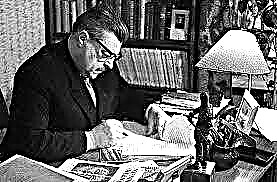
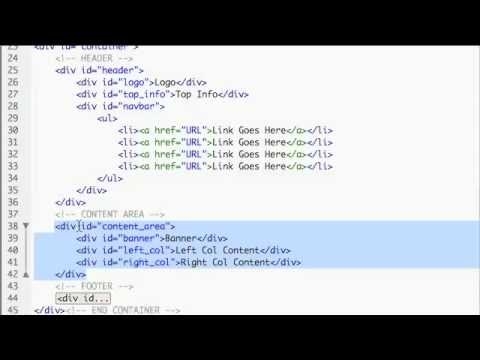 Glass of water
Glass of water